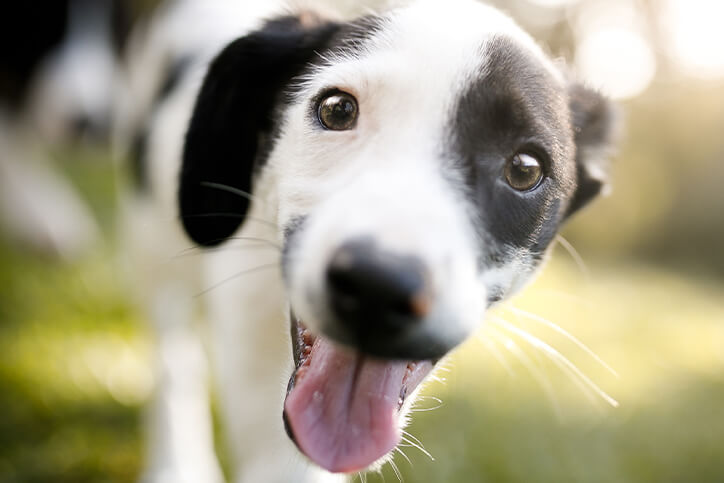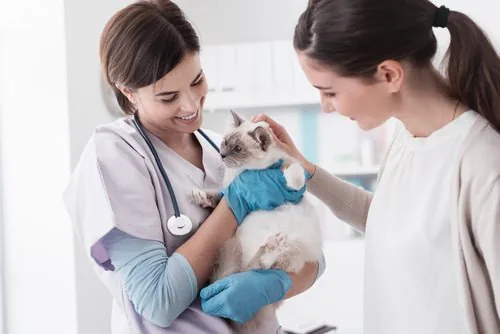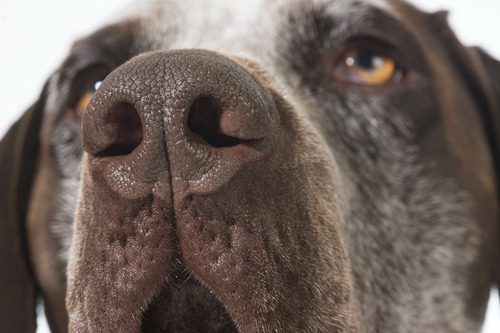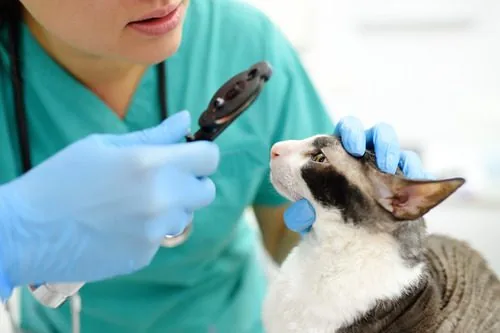What You Should Know About Leptospirosis & the Lepto Vaccine for Dogs
What is leptospirosis, and what makes it a major health hazard for dogs? Is your dog at risk for infection? Can humans get leptospirosis? Does the lepto vaccine for dogs actually work?
These are all important questions for dog owners to ask their vet. Your canine companion runs into all kinds of health hazards in their environment that can be found right under their nose. And it’s up to you to protect them as best you can.
In the sections below, we’ll provide you with the answers you need to make informed choices about your pet’s care and safety regarding leptospirosis.

What is Leptospirosis?
Leptospirosis is a bacterial infection caused by Leptospira bacteria. Leptospira bacteria can be found in bodies of water and soil all around the world, and while it is more prevalent in warm, moist climates, it can be found in just about every other climate, too.
Leptospirosis can occasionally cause mild infection in cats, but it primarily affects dogs.
Signs of Leptospirosis in Dogs
Dogs infected with Leptospira bacteria can exhibit a variety of clinical signs, or they might show no signs at all.
Clinical signs may include:
- Lethargy (slow, reluctant movements, laying down a lot)
- Lack of appetite
- Vomiting and/or diarrhea
- Increased urination due to increased thirst
- Fever (shivering, ears feel hot)
- Inflammation of the eyes
- Jaundice (yellow color to the skin or eyes)
- Difficulty breathing
- Fluid buildup in the legs, chest, and/or abdomen
Can Leptospirosis Be Deadly for Dogs?
Without treatment, leptospirosis can, in some cases, be deadly for an infected dog. This is due to the severe symptoms that may result from infection. Conditions such as dehydration, kidney failure, lung disease, and the accumulation of fluids in the body can all prove deadly without timely medical intervention.
Treating leptospirosis often involves a long hospital stay for fluids, antibiotics and additional supportive care. Some dogs even require dialysis, which is only available at specialty referral hospitals. Fortunately, with swift treatment, your dog does have a good chance of recovering.
Can People Get Infected, Too?
Leptospirosis isn’t just a threat to dogs. Being a zoonotic disease, leptospirosis is also transmissible to humans, and it can make them sick, too. There have also been documented cases of humans dying from leptospirosis after contracting it from their pet. This makes taking preventative measures all the more important for dog owners!
How Do Dogs Get Infected with Leptospirosis?
Your dog does not need to come into direct contact with another animal to become infected with leptospirosis. Various wildlife carry the disease, including raccoons, skunks, deer, and rats, with the Leptospira bacteria being shed in their urine. This urine is mainly found in damp soil, lakes, puddles, and ponds, but it can also be found elsewhere outside, as long as wildlife are present.
Dogs spend a lot of time outdoors, and will naturally explore their surroundings by sniffing and licking. In addition to unknowingly ingesting Leptospira bacteria, the bacteria may also enter your pet’s bloodstream via a small cut or scrape on their skin or paw pad.
Why We Recommend the Lepto Vaccine for Dogs
Lepto, short for leptospirosis, can be given as a vaccine to protect dogs (and their owners) from infection. We highly recommend the lepto vaccine for most dogs, because leptospirosis is a growing risk. Cases have been reported throughout New York State, including recently in New York City, with rats spreading leptospirosis in their urine.
As with any vaccine, the lepto vaccine for dogs is not a 100% guarantee against infection. However, it can lower your pet’s risk for infection, and potentially lessen their symptoms if they do happen to get infected.
Additional Ways to Reduce Your Dog’s Risk for Leptospirosis
In addition to getting the lepto vaccine, your dog can also enjoy greater protection with a couple of other precautions.
- If possible, avoid letting your dog wander around in and explore areas that receive lots of wildlife traffic—these areas may have contaminated urine and/or feces
- Don’t let your dog sniff or lick around puddles and other standing bodies of water (try to keep them from walking/wading through standing water, as well)
Overall, it’s best to keep your dog securely leashed and under control when you take them out for a walk in nature and rural areas, and near bodies of water. There will always be bacteria hazards in the environment, but being just a little more careful about where your dog chooses to explore and keeping them vaccinated can go a long way towards helping them stay healthy.
For more information about leptospirosis and the lepto vaccine for dogs, get in touch with our team by calling (518) 587-3832!
Recent Posts
What is a Fear Free Veterinarian? A Calmer Approach to Pet Care
What is a Fear Free Veterinarian? A Calmer Approach to Pet Care For many pets, a trip…
Hyperthyroidism in Cats: Symptoms & Treatment
Hyperthyroidism in Cats: Symptoms & Treatment Hyperthyroidism is one of the most common hormonal conditions affecting middle-aged…
Dog Licking Paw: Symptoms & Treatment
Dog Licking Paw: Symptoms & Treatment If you’ve noticed your dog licking their paws more than usual,…
Dog Nose Dripping: Why Your Dog Has a Runny Nose
Dog Nose Dripping: Why Your Dog Has a Runny Nose A dog’s nose is an important part…
Cat Eye Infection: Symptoms & Treatment
Cat Eye Infection: Symptoms & Treatment When your cat has an irritated or weepy eye, it’s hard…
About Saratoga Veterinary Hospital
Saratoga Veterinary Hospital is proud to serve as your local veterinarian of choice in WIlton, NY and the surrounding areas. Since its founding in 1973 by Dr. Sofarelli, our animal hospital’s main goal has been to strengthen the human-animal bond with exceptional veterinary medicine and client services.







